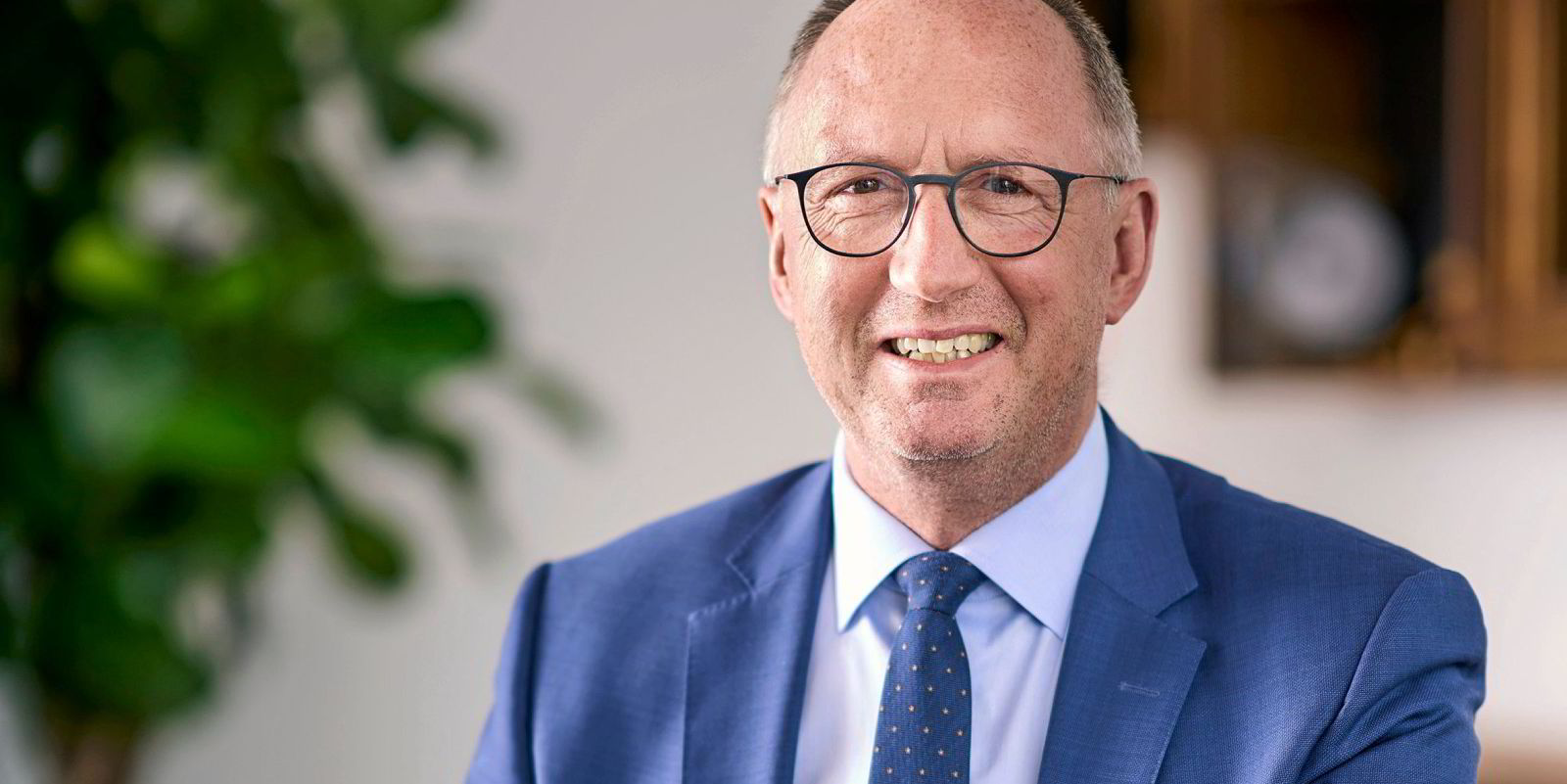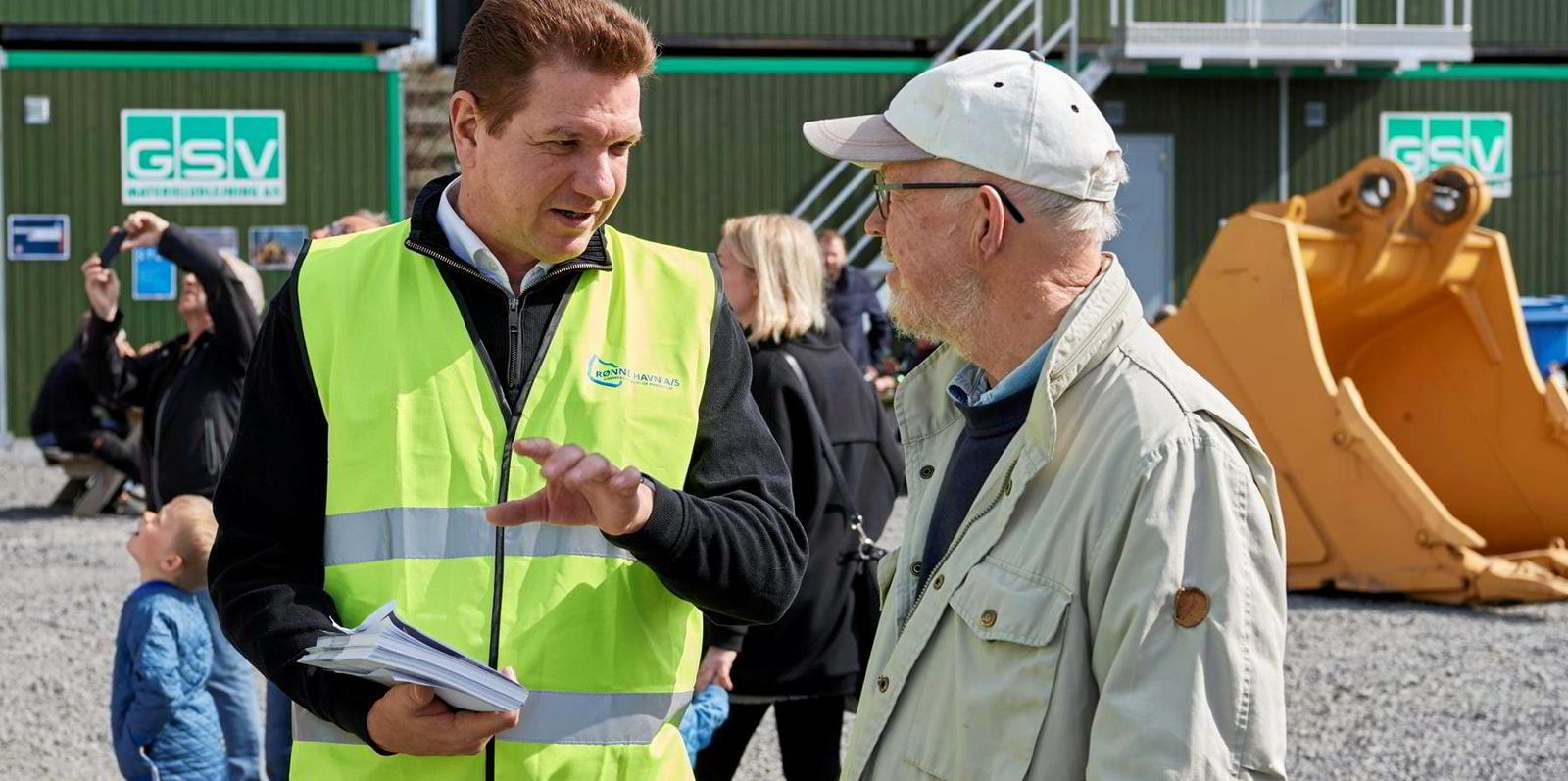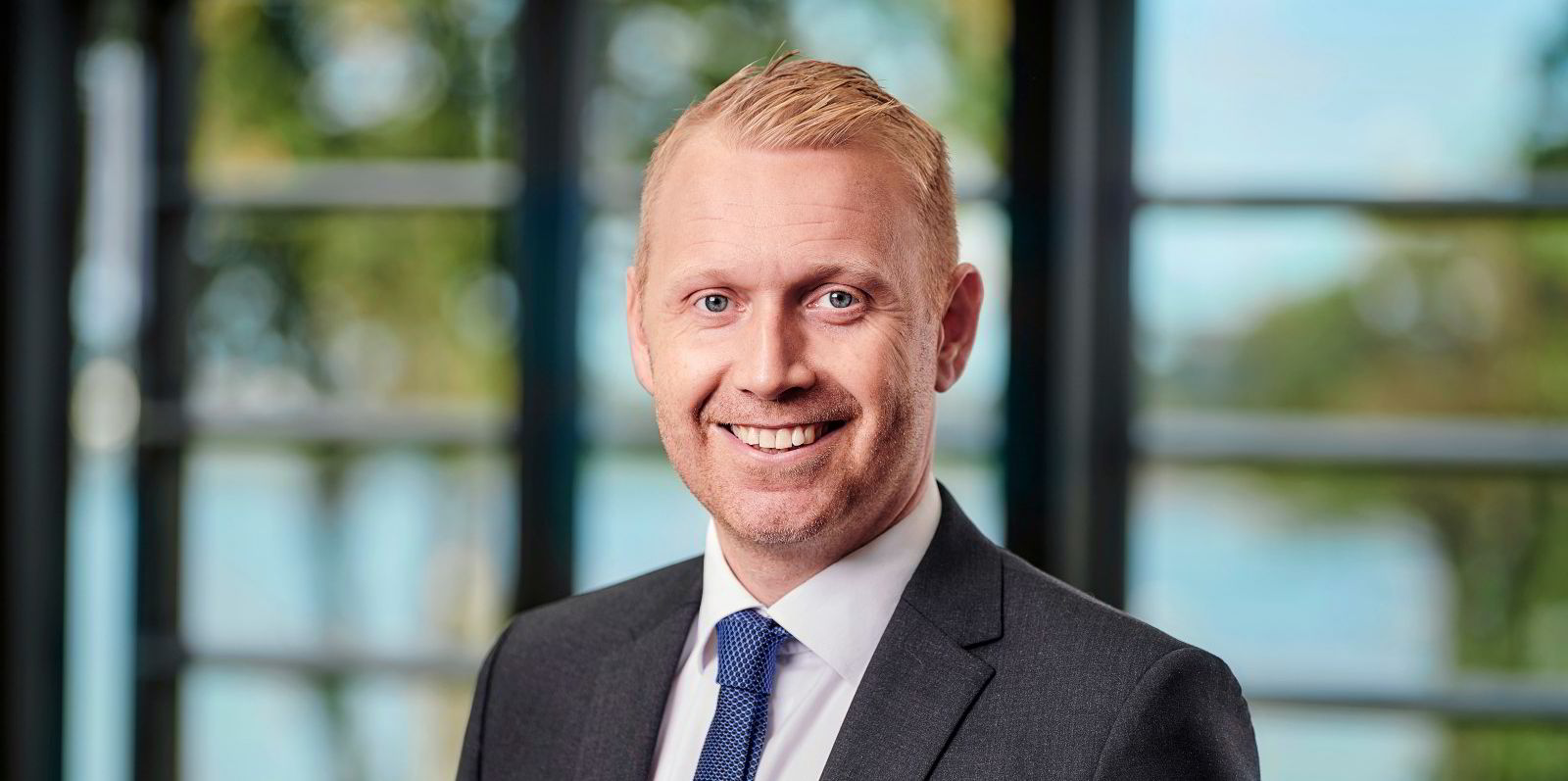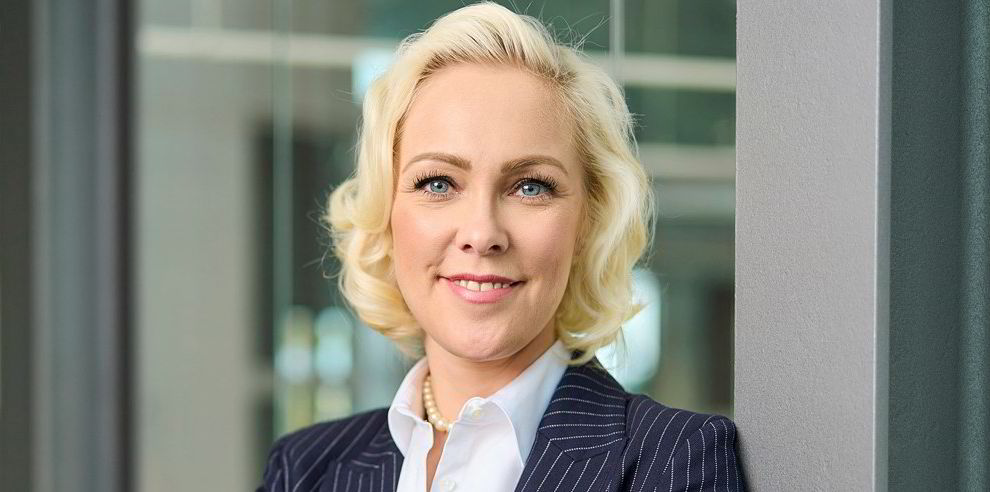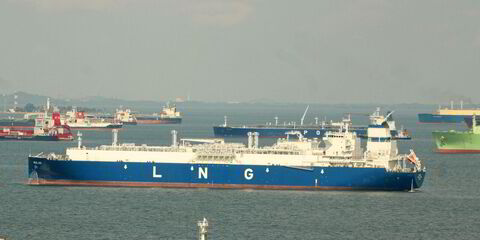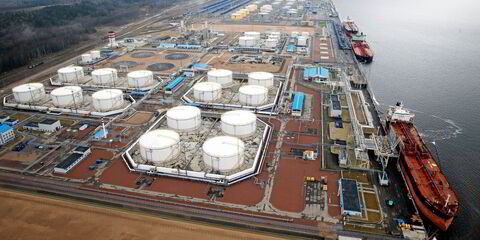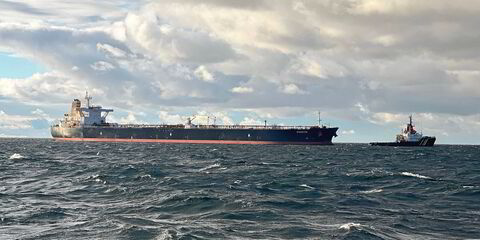Bunker Holding — one of the world’s biggest bunkering companies — has produced its first report into environmental, social and corporate governance (ESG) in which it admits that 99% of its emissions come from the marine fuels it sells.
But as the Danish group gears up to provide cleaner alternative fuels, it said it expects to sign longer delivery deals with clients for fuels that could be three to four times more expensive.
Chief executive Keld Demant said Bunker Holding looks forward to the day when it can deliver greener fuels such as hydrogen and methanol.
“But until these future technologies are ready, we will deliver the products needed to power the vessels of today,” he said.
Bunker Holding said it has started taking steps to address its Scope 1 and 2 emissions, but more than 99% of its global carbon emissions come from the fuel it sells.
Those sales amount to more than 103m tonnes of CO2 equivalent, with more than 80% — about 85m tonnes — stemming from the consumption of marine fuels.
“As one of the world’s leading bunker suppliers, we are in a unique position to help not only our clients but the entire industry in the transition to sustainable energy sources,” Demant said.
But he added that the required solutions, infrastructure and market are not there yet for widespread adoption.
Chief operating officer Christoffer Berg Lassen said the company cannot rule out that Bunker Holding will transport fuels from the supplier to the port in the future, something the supplier has hitherto done. Currently, Bunker Holding operates 48 vessels.
He said the logistics and supply challenges of getting new fuels delivered to vessels around the world, and that of financing more expensive green fuels, will increase the group’s importance in the value chain.
“The cost of doing so will be three or four times larger than with today’s traditional fuels,” he said in reference to the supply of cleaner marine fuels.
And as shipping companies invest in vessels with engines that can run on new fuels such as methanol and ammonia, he said shipowners would want to be sure they have access to the fuel.
“Bunker Holding foresees much longer bunker contracts in the future — maybe as long as two or three years,” Lassen said.
Bunker Holding said it is gearing up for the green transition with a five-year plan — started last year — that is closely linked to a new sustainability strategy. It has set up an ESG Council and hired a new head of green fuels and head of ESG.
Social requirements mean Bunker Holding is also working on gender distribution. But it said it is aware that there is room for improvement.
As of June this year, the group said it has a balanced gender composition on its board of directors, its management team is 10% female and 36% of employees are women.
“On the other hand, there are local trading offices in the group with none or just one female trader,” it said, and “women are also underrepresented in many other departments”.
Bunker Holding also said it asked two international law firms that specialise in compliance review to assess its corporate governance work on 125 benchmark metrics last year.
“In more than 75% of the metrics, they regarded us best in industry,” the group said.
Bunker Holding added that it has put in several layers of controls to guard against corruption, and has more than 142,000 vessels and 30,000 entities recorded in its systems.
In 2021, Demant was given a four-month prison sentence for inadvertently breaking European Union sanctions against jet fuel sold to two Russian companies that ended up in Syria.
The group was fined more than $5.2m after a total of 172,000 tonnes of jet fuel worth about DKK 647m ($103m) was sold between 2015 and 2017 for delivery in the eastern Mediterranean.
Subsidiary Dan-Bunkering was accused of making 33 trades during the period.
Bunker Holding said it was a complicated case that was settled by judges voting two to one about Dan-Bunkering’s intentions, and that the fine was reduced to one-twentieth of the prosecutor’s demand.
